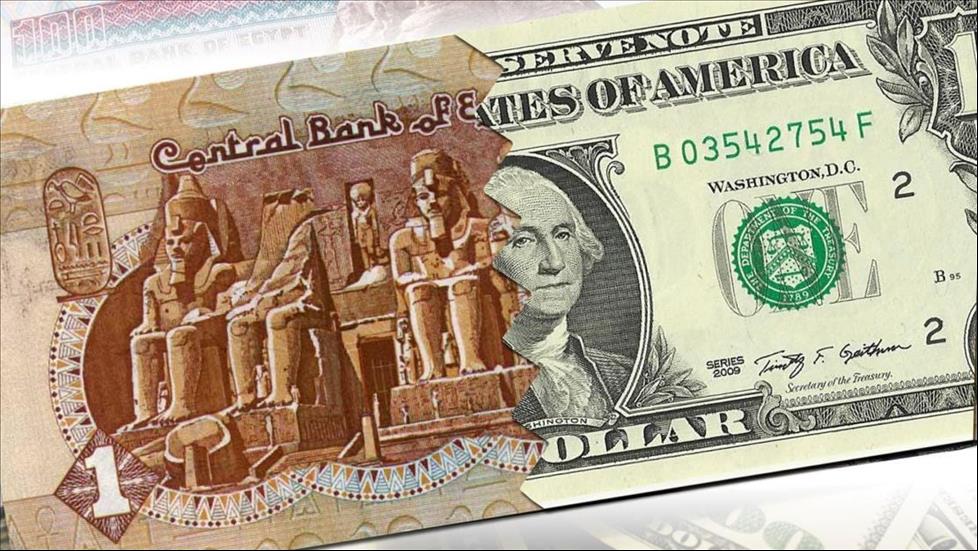Egypt’s Central Bank Takes Bold Steps to Tackle Rising Inflation and Currency Instability
In a recent interview with Xinhua, Egyptian economist Fakhri al-Fiqi discussed the recent decisions made by Egypt’s central bank to float the local currency and raise interest rates by six percent. These measures are aimed at curbing the increasing inflation rates and stabilizing the currency exchange market, according to al-Fiqi, who is also a professor of economics and head of Egypt’s parliamentary planning and budget committee.
The country has been grappling with soaring urban inflation, which escalated to 35.7 percent in February from 29.8 percent in January, as reported by Egypt’s Central Agency for Public Mobilisation and Statistics (CAPMAS).
Describing the interest rate hike as “unprecedented,” al-Fiqi explained that the goal is to swiftly reduce inflation to alleviate its negative impact on society. High inflation disproportionately affects the poor, making them poorer while benefiting the wealthy.
Al-Fiqi noted that the interest rate hike will be temporary until inflation is under control, at which point the central bank will begin to reduce it. Another key objective of the central bank’s actions is to unify and stabilize the exchange rate, reflecting its true value in the Egyptian economy.
The economist highlighted that the full floatation of the Egyptian pound received backing from foreign investments, including a $35 billion deal with the United Arab Emirates for the development of the Ras Al-Hekma resort city on Egypt’s northern coast. Additionally, an $8 billion loan from the International Monetary Fund (IMF) further supported the currency floatation and interest rate adjustments.
Egypt’s Finance Minister Mohamed Maait anticipates that the IMF agreement will pave the way for the country to secure more than $20 billion in additional funding from various partners such as the World Bank, the European Union, the African Development Bank, and the Arab Monetary Fund.
As the currency exchange market stabilizes and the backlog of goods at Egyptian ports resulting from a lack of foreign currency diminishes, the dollar exchange rate is expected to gradually move towards its true value. Al-Fiqi estimated that the genuine value of the dollar, under sufficient and sustainable cash flow, ranges between 35 and 40 Egyptian pounds, emphasizing that Egypt requires approximately $6.5 billion monthly for imports.
To address the challenges of dollar scarcity and persistent inflation in the future, al-Fiqi proposed strategies such as boosting manufacturing and expanding the role of the private sector in the economy. These measures are crucial for ensuring long-term stability and growth in Egypt’s economy.
